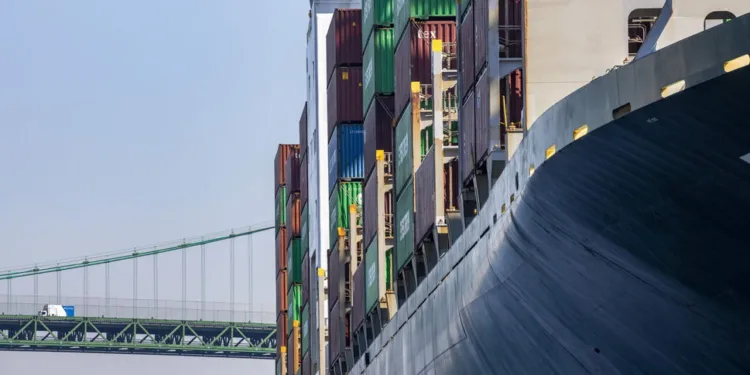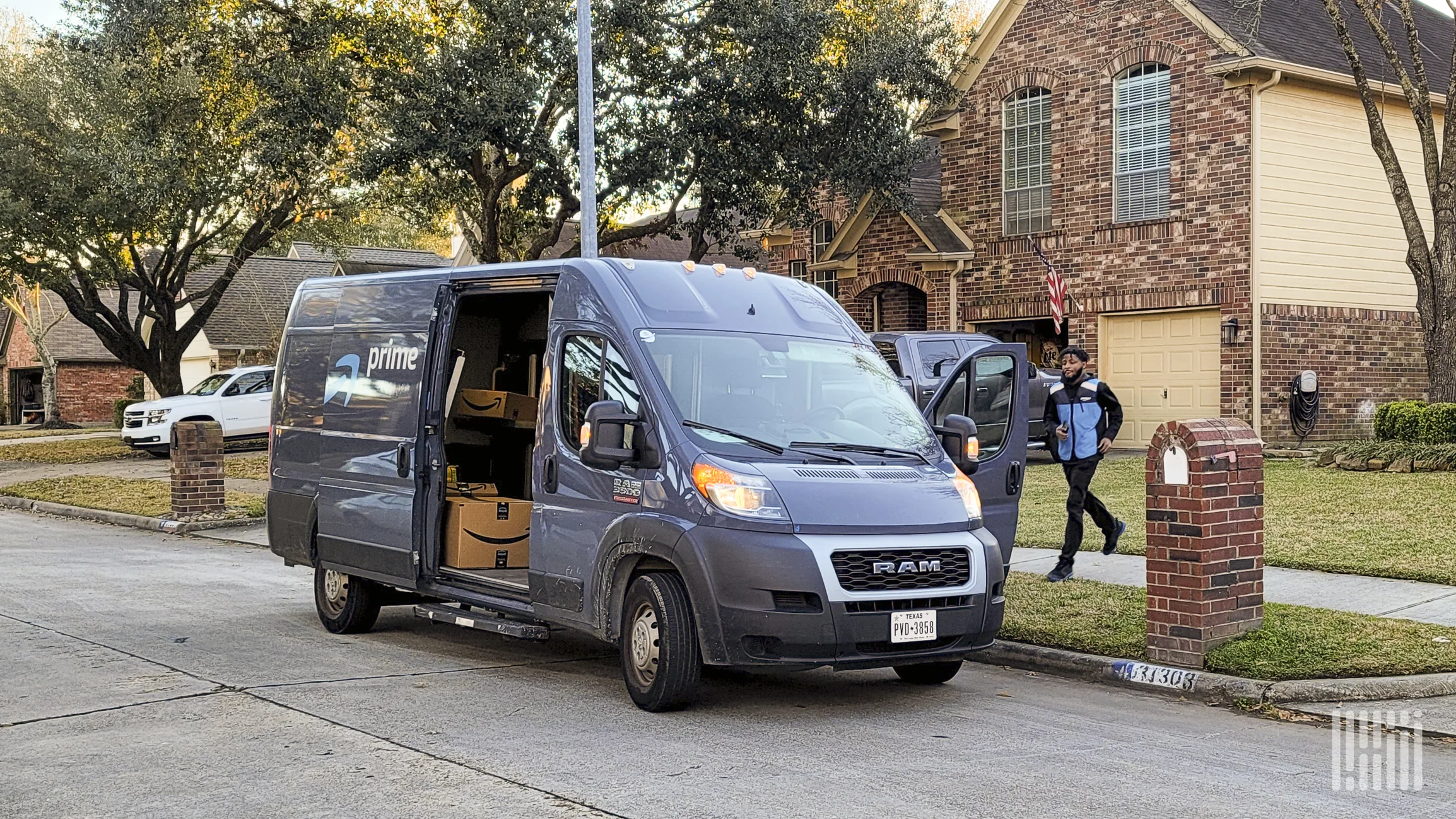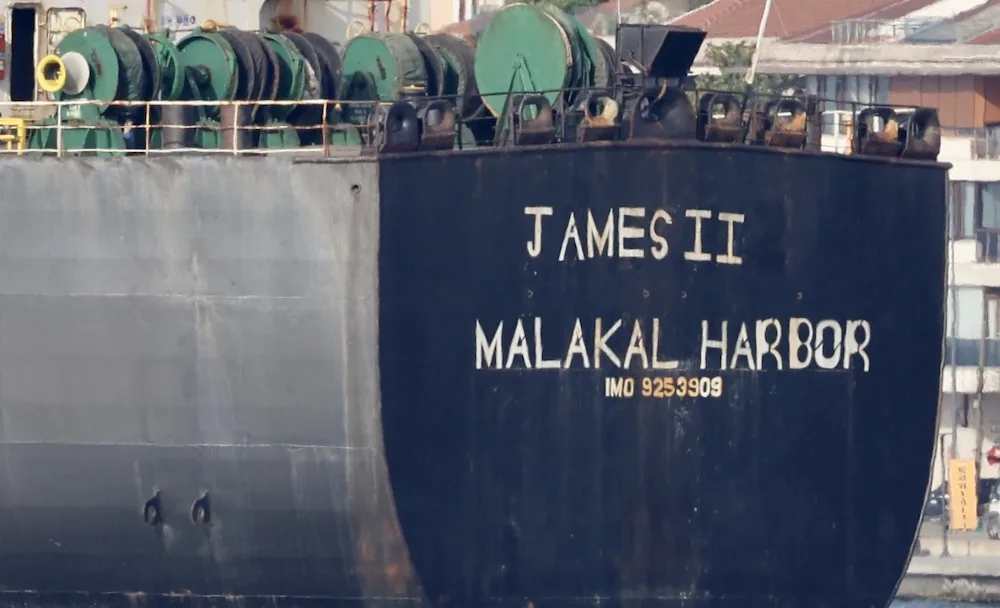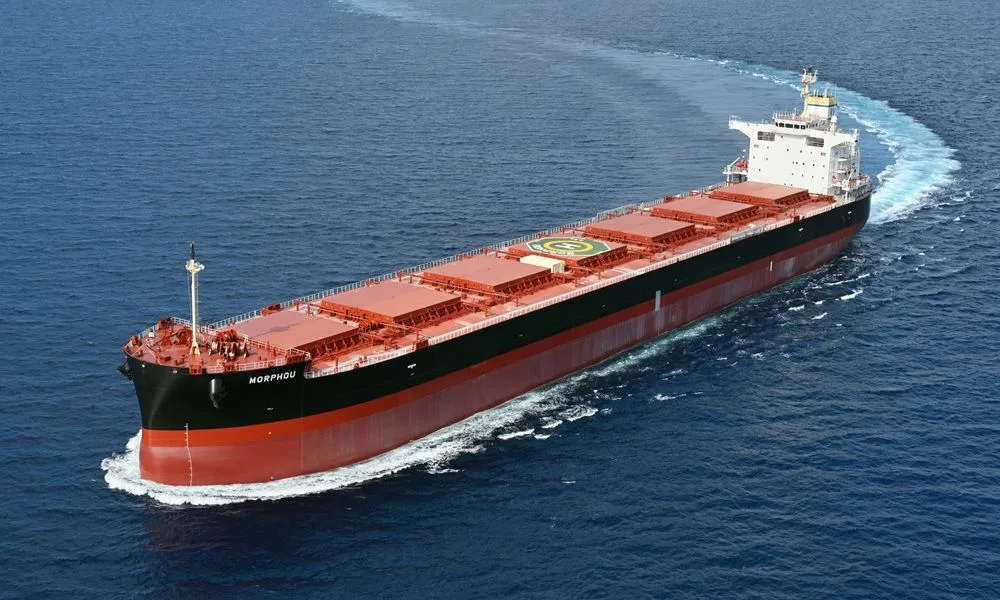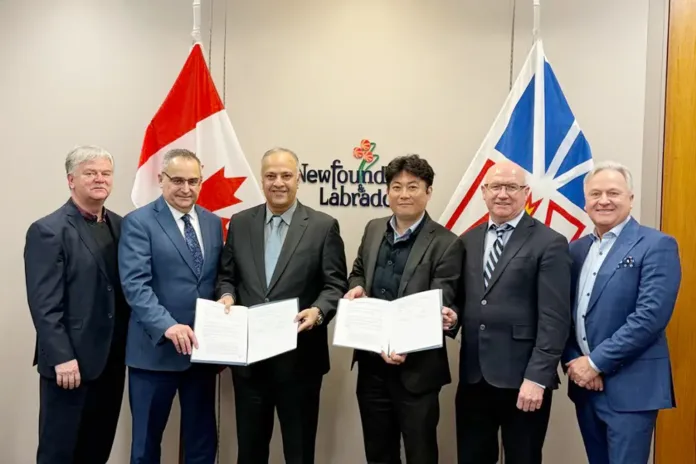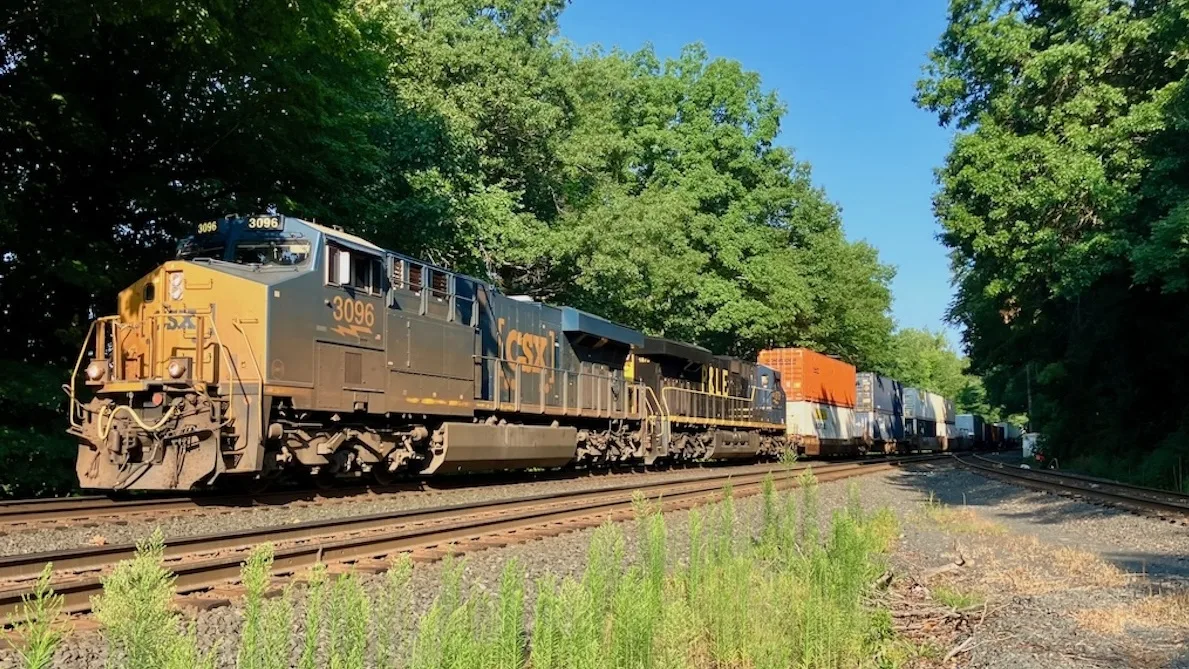As another round of tariffs kicked into gear on Thursday, trade expert Rennie Alston warned importers that regulators will be doubling down on ensuring that the growing list of tariffs imposed by the Trump administration are properly paid.
“Today every importer is paying more tariffs than they did prior to 12:01am this morning -– it’s challenging to stay abreast of them,” Alston, CEO of customs consultant Alston Group, told attendees at a supply chain summit hosted by Jarrett, a 3PL.
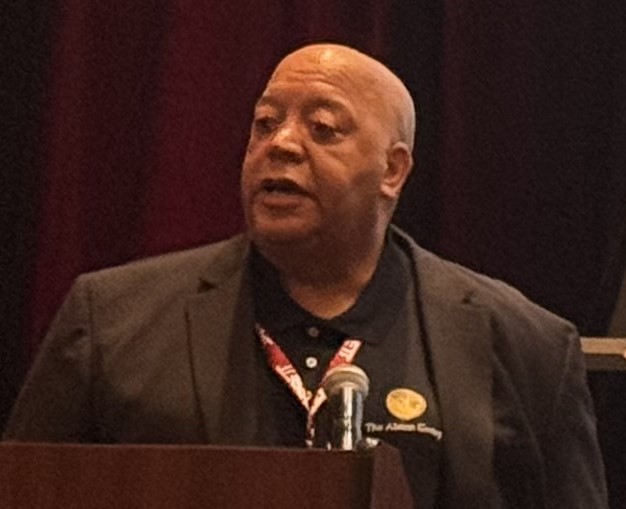
Alston was referring to the latest slate of tariffs the administration announced last week that went into effect on Thursday. Along with those and previous tariffs, Alston said, has come a level of compliance scrutiny from the government – specifically the U.S. Department of Justice (DOJ) – that he has not seen before.
“What is new, over the last year, is direct communications from the Department of Justice on issues in which the [customs compliance] matter is referred from customs to the Department of Justice for immediate enforcement action.”
Alston, a licensed customs broker and an advisor to the administration as a member of U.S. Customs and Border Protection’s Commercial Customs Operations Advisory Committee, said that CPB is more closely scrutinizing import documents to check for accurate information on merchandise value, origin country, or whether importers are disguising the country of origin through transshipments.
“Circumvention of tariffs in my professional opinion will be the number one revenue generating penalty that supersedes valuation and record keeping [penalties], which had been the number one and two [penalty categories] over the last 20 years,” Alston said.
“I anticipate that Department of Justice activity is going to increase by 200% as a result of tariffs and the reaction of the trade community.”
Kirti Reddy, a partner with the law firm Quarles & Brady, told FreightWaves earlier this year that the speed and size of the new taxes on America’s trading partners would likely generate a higher number of cases prosecuted under the False Claims Act.
“Especially with the tariffs being so steep, companies and individuals might be inclined to figure out how they’re going to meet their costs” by circumventing compliance, she said.
One such evasion tactic “evolving right before our eyes,” Alston said, is Modified Delivery Duty Paid, or MDDP – “a blatant scam” from CBP’s perspective, he said.
“It is where a company talks you into allowing someone else to be the importer of record, and the foreign supplier says, ‘don’t worry about the entry, I’ll be the importer, you just keep buying from me and don’t worry about what I declare to customs’.”
This is fraud, Alson warned, emphasizing the responsibilities of all involved in the transaction no matter whose name was on the fraudulent declaration.
Customs brokers can help importers understand the ramifications of misinterpretations on customs documents, he said, because CPB takes the position that such compliance errors are intentional.
“Understand that your actions are critical to your company’s ability to sustain itself, because penalties could be far beyond the value of the merchandise.”
Related articles:
- Container rates unmoved by latest tariff deadline
- New rule on low-value imports raises cross-border trucking concerns
- 20 company reactions — good and bad — to Trump’s tariff war
Click for more FreightWaves articles by John Gallagher.
The post Trade expert predicts 200% surge in tariff-fraud crackdowns appeared first on FreightWaves.



